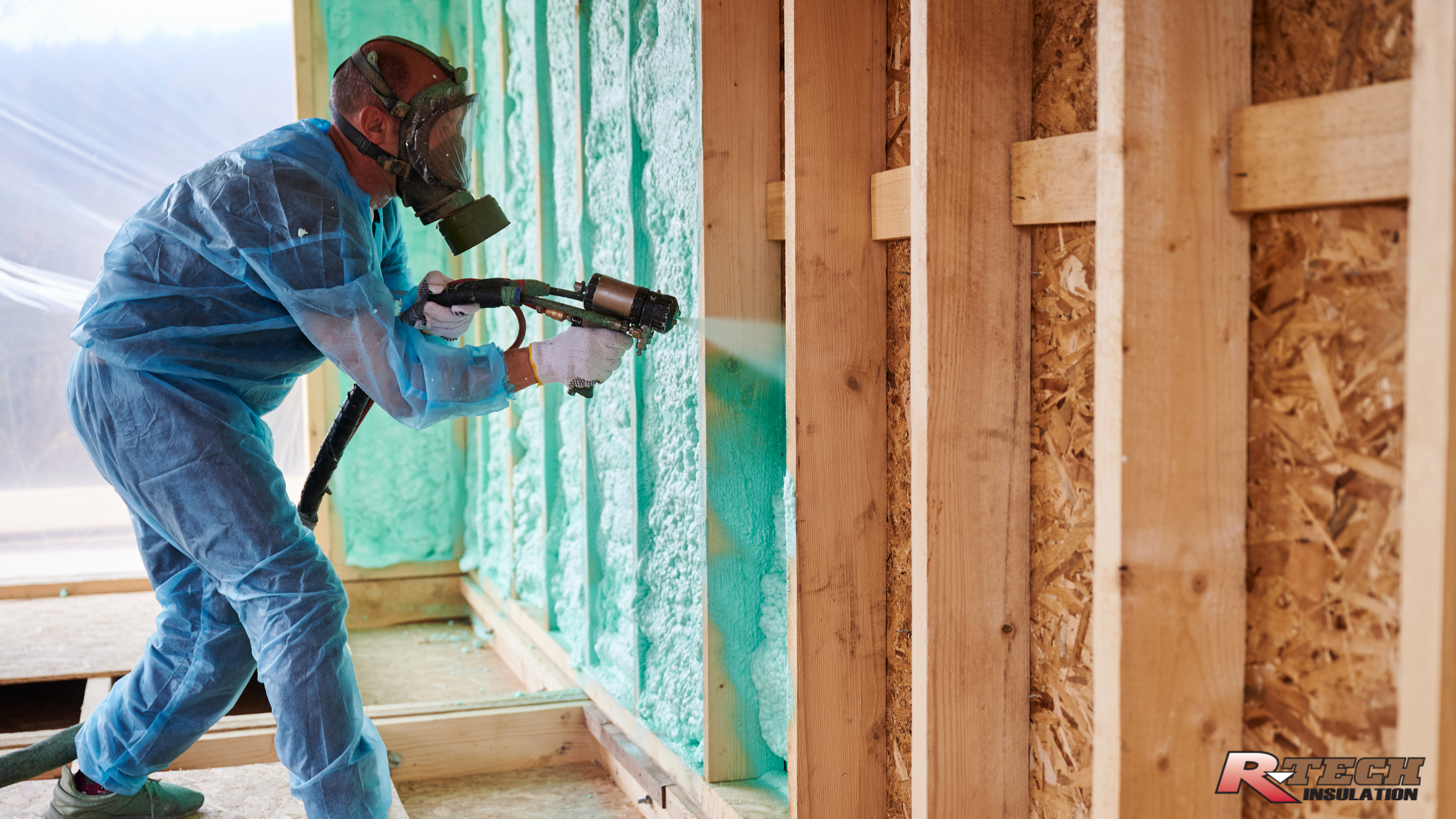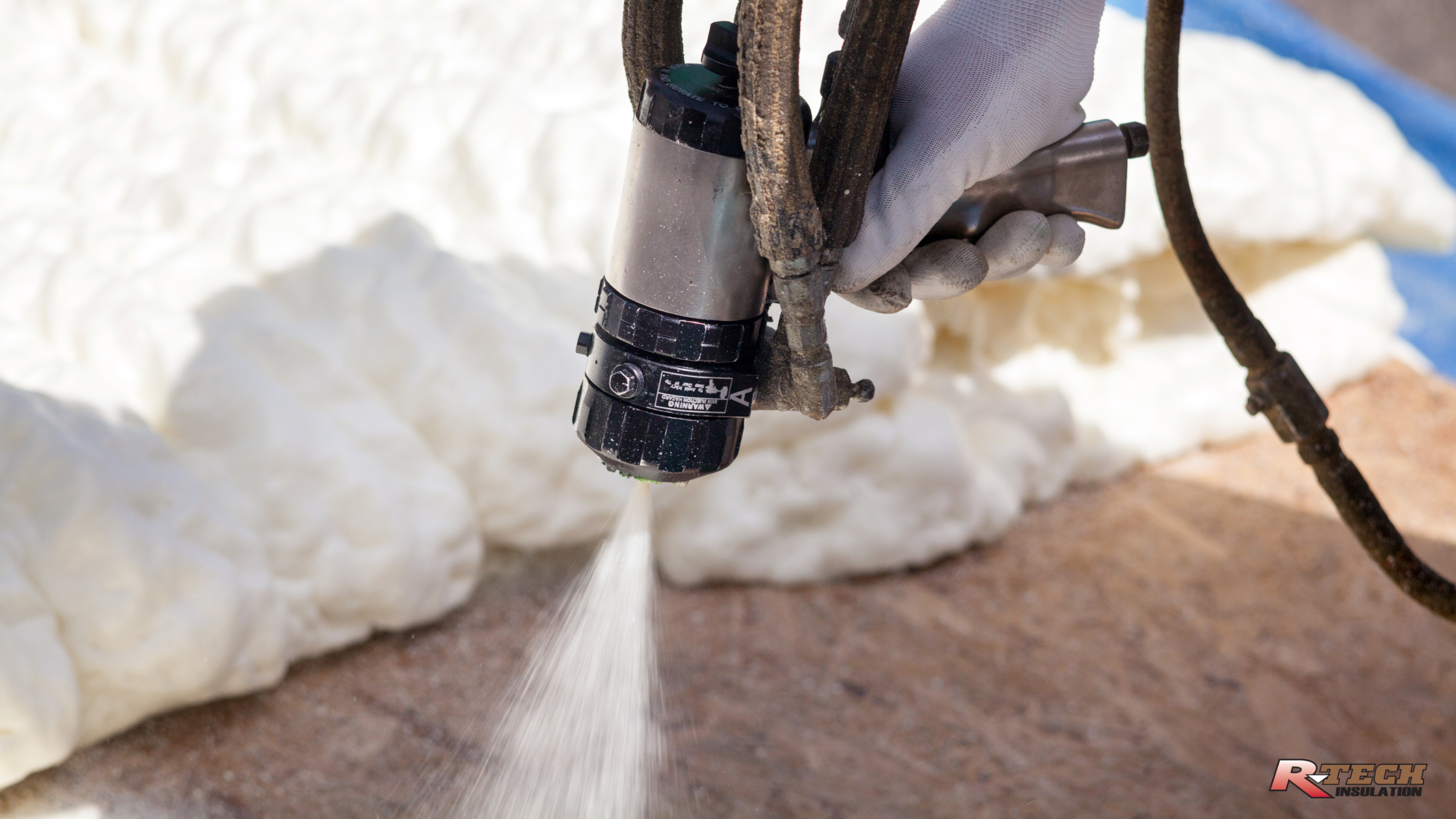Indoor air quality plays a significant role in our overall health and well-being. Poor air quality can lead to respiratory issues, allergies, and even contribute to long-term health problems. One effective way to enhance indoor air quality is through proper insulation in your home. Let’s delve into how insulation can make a positive impact on the air you breathe every day.
1. Reducing Allergens and Pollutants
Proper insulation acts as a barrier against outdoor allergens and pollutants such as pollen, dust, and airborne particles. According to the Environmental Protection Agency (EPA), sealing gaps and cracks with insulation significantly reduces the infiltration of these allergens into your living space, making it especially beneficial for individuals with allergies or asthma.
2. Controlling Moisture Levels
Excess moisture in the home can lead to mold and mildew growth, which not only damages your property but also contributes to poor indoor air quality. Insulation plays a crucial role in controlling moisture levels by preventing condensation from forming on walls, ceilings, and floors. By maintaining optimal humidity levels, insulation helps inhibit mold growth and the spread of airborne mold spores, thereby promoting a healthier indoor environment.
3. Enhancing Energy Efficiency
While primarily known for its role in improving energy efficiency, insulation indirectly contributes to better indoor air quality by reducing the need for constant heating and cooling. Energy-efficient homes with well-insulated walls and attics maintain more stable temperatures throughout the year. This stability minimizes the formation of indoor humidity and condensation, which are breeding grounds for mold and mildew.
4. Minimizing Outdoor Air Pollution
In urban areas or regions with high outdoor air pollution levels, proper insulation acts as a shield against airborne pollutants entering your home. Insulation helps create a tighter building envelope, reducing the infiltration of outdoor pollutants such as vehicle emissions, industrial pollutants, and particulate matter. This barrier helps maintain cleaner indoor air, benefiting the health of your household members.
5. Choosing the Right Insulation Materials
When considering insulation options for improving indoor air quality, choosing the right materials is key. Opt for insulation materials that are low in volatile organic compounds (VOCs) and do not emit harmful chemicals into the air. Materials like spray foam insulation, noted for its airtight seal, are recommended by the American Lung Association for their ability to reduce allergens and mold growth by preventing moisture infiltration.
Conclusion
Investing in proper insulation is not only a wise decision for improving energy efficiency and comfort but also for enhancing indoor air quality. By reducing allergens, pollutants, moisture, and minimizing outdoor air pollution, insulation creates a healthier living environment for your family or client. Consider consulting with the experts at R-tech Insulation to explore our specially formulated Quadrant closed cell foam and get a free quote.


